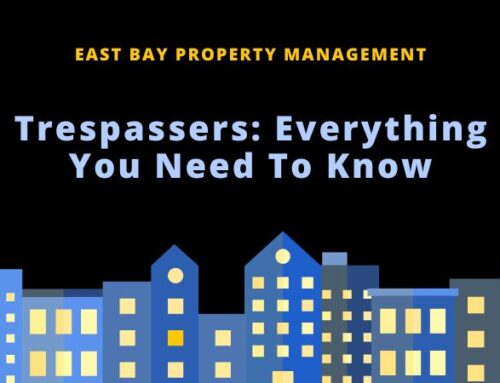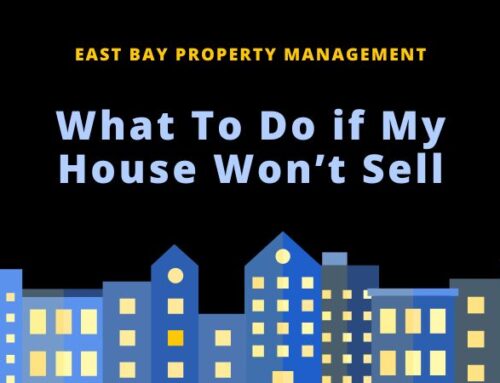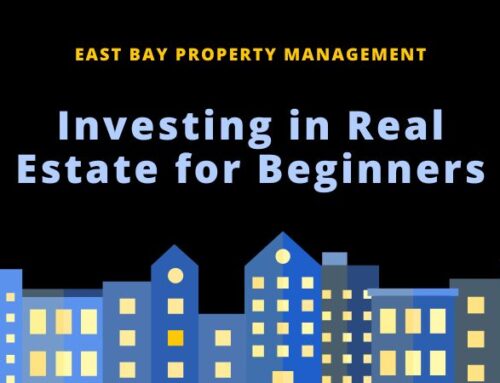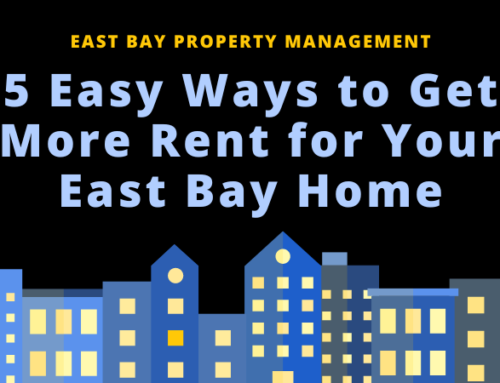You may be beginning to look into what kind of property you want to invest in next. It’s important to strongly take into consideration the benefits one has for tenants over another. Make sure that the home you purchase works best in your favor. In this article, we’ll be going over the benefits and risks associated with condos/townhomes, as well as regular detached houses.
The Benefits of Owning a Condo or Townhouse
The differences between a condo and a townhouse are very subtle but they exist. Typically, a townhome is going to be a little bigger than a condo. Moreover, with owning a townhome, you would also own the roof, driveway, and more things outside of the structure than with a condo. Finally, a townhome also means you won’t have a neighbor above or below you, typically like you would with a condo.
The following are some of the benefits of investing in either a condo or townhouse:
Lower Price
Condos and townhouses are about half the price of a single-family home on average in the East Bay and yet the rents are usually full price of what they would be for a single-family home. For example, you can buy a condo at half the price of a single-family home and still get $2,000 a month for it. Whereas, with a single-family home at twice the price, you might only be able to get $3,000 a month for the rent.
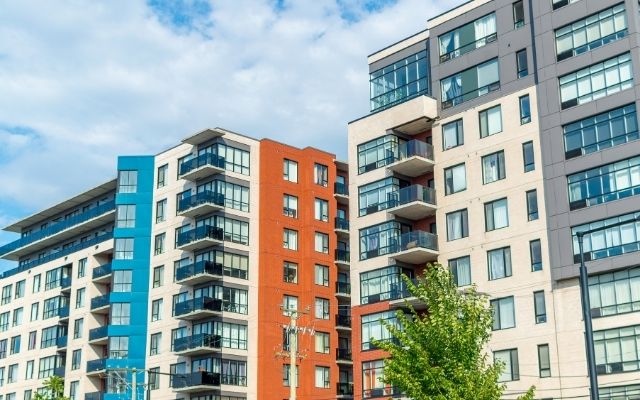
What does this equate to? A higher cap rate with a condo or townhouse. Therefore, you’re getting a better return on your investment.
More Prospective Tenants
A condo or townhome is going to attract a larger pool of applicants. Since both are more affordable, more people will qualify and be interested in the rental. As a result, you’re going to have fewer vacancies.
Lower Rehab Costs
Perhaps you want to renovate and flip a home. In this case, you must take rehab costs into consideration. With a condo or townhouse, you’re going to have lower rehab costs between your tenants.
Typically, you’re going to have less square footage to rehab with these kinds of properties. Evidently, you will have fewer rehab costs than you would with a single-family home, as its scale is much greater.
Neighbors
Neighbors will be watching the rental property for you when you aren’t there. They’re going to know what’s going on with your renters, as well as who’s entering and exiting the unit. Neighbors can tell whether the property is being taken care of. Moreover, if a pet or a guest has snuck in, there’s a greater chance you’ll be notified about it.
The Risks of Owning a Condo or Townhouse
As a landlord of a condo or townhome, you will probably be linked to an HOA board. The following are some of the risks with owning either a condo or townhouse rental:
Special Assessments From the HOA
If you’ve owned a condo or townhome long enough, chances are you’ve gotten a special assessment from the Homeowner’s Association.

This happens when the expenses are exceeding the HOA dues. In turn, to balance the budget, the HOA needs to make an assessment to all the property owners. It can range from hundreds of dollars to thousands of dollars. Therefore, make sure to find out the financial stability of the HOA well in advance.
Most HOA Boards Don’t Care For Renters
Most HOA boards don’t particularly care for renters or landlords. They’re usually made up of owners themselves. They would love to see the whole complex made up of owners, so you might have a little difficulty working with HOA boards as a landlord.
The Benefits of Owning a Detached Home
The benefits that owning condos and townhouses provide don’t overthrow those of a bigger home. The following are some of the benefits of investing in a detached house:
Fast Rate of Appreciation
Detached homes appreciate at a greater rate than condos or townhomes. There are certain restraints that come with living in a condo that aren’t present in a detached home. Therefore, because of its demand among potential renters, the value increases as time goes on.
Less Turnover
You’re going to experience less turnover with your tenants because it’s a bigger home. When a tenant moves in, they bring more belongings with them and they tend to move for long-term reasons, such as the school district or work opportunity. They’re going to stay longer than one typically would with a condo or townhome.
Modifications
You’re able to make modifications to the home that you otherwise wouldn’t be able to make to a condo or townhome.

As examples, you’re able to add square footage to the home, convert the garage into a room, paint the home a color of your choice, and perform any kind of landscaping. All of these changes cannot be made to a condo or townhouse.
The Risks of Owning a Detached Home
Benefits usually come alongside some risks. The following are some of the risks with owning a bigger home:
Landscaping Could Be Ruined by a Tenant
This may happen from negative tenant behavior, however, hiring a property manager can prevent this kind of incident. For example, East Bay Property Management and Consulting ensures that the landscaping in all of our rental homes is provided by the owner. We make it part of the rent and the landscaper, or the gardener, is the only one that can touch the sprinkler system. We make sure the tenant cannot as per our lease agreement policies.
Capital Expenses
With owning a home, you will have capital expenses such as a roof or driveway siding that you wouldn’t otherwise have with a condo or townhouse. It’s up to you whether or not you decide to take on these additional expenses.
Bottom Line
There’s no right or wrong, as both options are great investments. Each come with their own set of pros and cons. Deciding what is right for you comes down to what you can manage as a property owner.
If you find that you’re unsure of how to go about managing your rentals, whether it be a condo or house, contact East Bay Property Management and Consulting today. We can help you every step of the way to fulfilling your investment goals.


